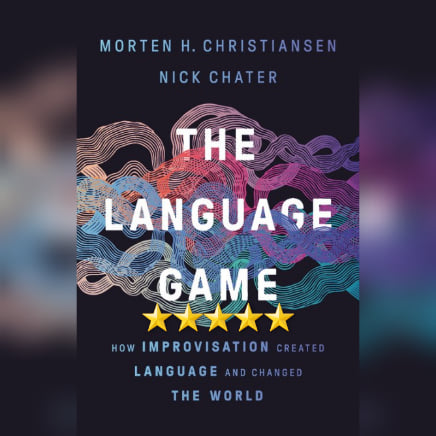More About Influencer / Hyper Online Culture Of The Last Decade And How To Manipulate The Algorithms To Increase Your Reach. This is one of those books where I suspect most people will go into it with one expectation – to learn about the etymology of various terms used online and how the creation and propagation of these terms is shaping the future of language.
Instead, what we largely get is a look at influencer and hyper-online culture of the last decade and tips on how to manipulate language so that the algorithms of social media don’t shadow ban (or outright ban) you and even how to use them to gain more followers for yourself.
In and of itself, this is a rather fascinating look at what it actually is… but that isn’t really what was “sold” to us in the (current, one month to the day before publication) description of the book. But is it *quite* enough to justify a star deduction in and of itself? Normally, possibly, but here I’ll allow it simply because Aleksic does do a truly great job of explaining what he actually wants to explain… even if this isn’t what the description of the book (which isn’t controlled exclusively by Aleksic) wants us to believe the book is about.
Thus, the star deduction here is actually for the dearth of even really a modicum of a bibliography, at least in the Advance Review Copy of the book I read. Perhaps the final form will include one, and perhaps that bibliography will be roughly 15% or more of the overall text. That would be *awesome* – but that is NOT the version of the book I read, and thus is not the version of the book I must judge.
Overall truly an eye opening book roughly about linguistics and etymology, but really more about influencer culture and how to manipulate the algorithms to your own personal gain, this one will be one that will likely fly about that high – perhaps gaining a modicum of attention for a few moments, before the algorithm instead pushes the next Big Thing.
Very much recommended.
This review of Algospeak by Adam Aleksic was originally written on June 15, 2025.


